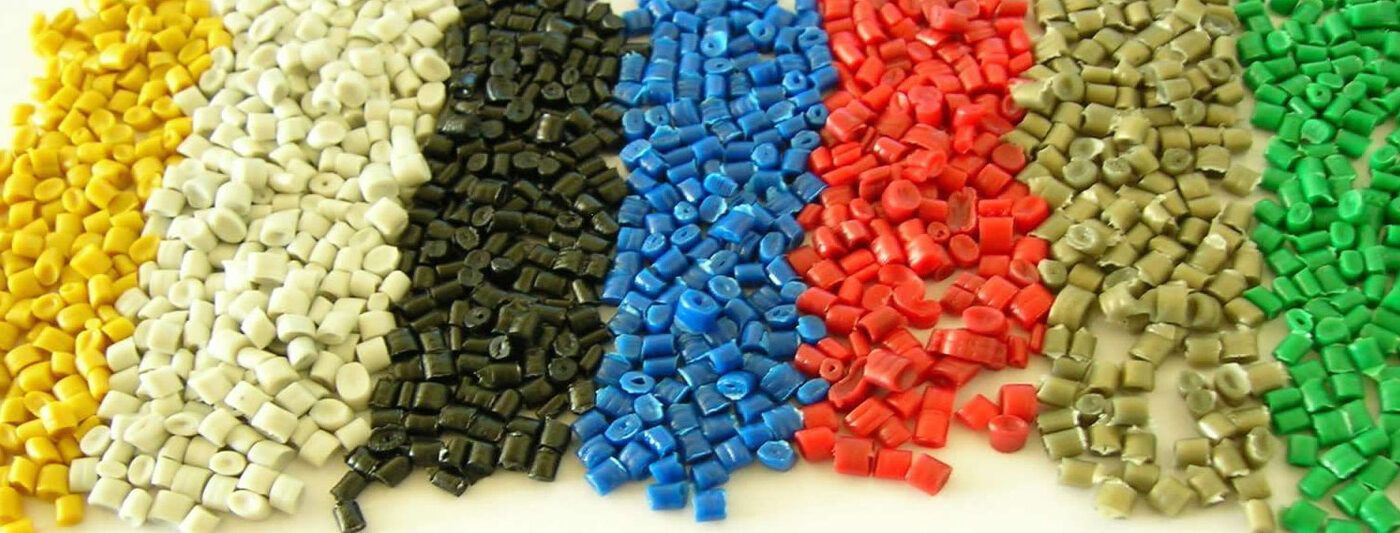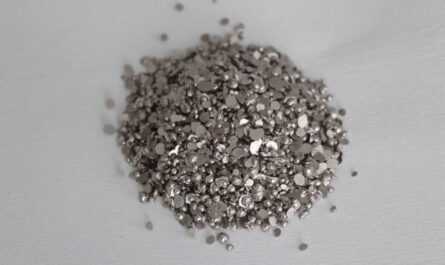Polyphenylene sulfide or PPS is a high-performance engineering thermoplastic that has gained popularity in recent years due to its excellent chemical and heat resistance properties. In this article, we will discuss in detail about PPS, its properties, applications and manufacturing process.
Properties of PPS
PPS exhibits excellent mechanical, thermal and chemical resistant properties which make it suitable for applications in industries like automotive, electronics, aerospace and more. Some of the key properties of PPS are:
Mechanical Strength
PPS has high mechanical strength even at elevated temperatures. It maintains 80% of its tensile strength up to 175°C. Its flexural modulus value of 10,000 MPa and above also ensures dimensional stability under load.
Chemical Resistance
PPS has superior resistance to a variety of chemicals like acids, alkalis, amines and oxidizing agents. It does not absorb moisture which makes it suitable for applications exposed to humid, wet or corrosive environments.
Heat Resistance
PPS has a continuous use temperature of up to 200°C and withstands short term exposure to 230°C. Its heat deflection temperature at 1.8MPa flexural modulus is over 210°C. This high heat resistance makes PPS preferred for applications demanding high temperature stability.
Insulating Properties
PPS has high volume and surface resistivity. Its dielectric strength is also high making it an electrical insulator suitable for electrical and electronic components.
Applications of PPS
Some major application areas of PPS where its excellent properties are leveraged include:
Automotive Applications
PPS is used to make under-the-hood automotive components like connectors, hoses and conduit which require heat and chemical resistance. Its low smoke and flame retardant properties make it suitable for electrical component applications.
Electronics Applications
Polyphenylene Sulfide (PPS) is preferred for components in electronics and semiconductors like LED module housings, connectors, chips carriers, switches etc. due to its high heat and chemical resistance.
Aerospace Applications
In aerospace, PPS finds application in airframe components, fasteners, gears and seals due to its ability to withstand high temperatures and pressures.
Industrial Applications
PPS compositions are used in machine components, pumps, valves and pipes for applications in oil & gas, chemical processing and marine industries.
Its favorable mechanical properties also make it useful for making precision parts for medical, sports & leisure equipment industries.
Manufacturing of PPS
PPS can be manufactured either through polycondensation or direct sulfurization process. Polycondensation of p-dichlorobenzene and sodium sulfide is the commonly used method. It involves the following steps:
1. p-Dichlorobenzene and sodium sulfide are reacted in solution to form intermediate dipotassium polysulfide.
2. This is then reacted with sodium hydroxide to yield sodium p-hydroxyphenylsulfone.
3. The sodium salt is then acidified using hydrochloric or sulfuric acid to get p-hydroxyphenylsulfone.
4. Cyclotetramerization under high temperature yields poly(p-hydroxyphenylsulfone).
5. Final polymerization and aromatization with sodium hydroxide gives PPS as white powder which can be further processed.
Direct sulfurization involves direct reaction between p-dibromobenzene and sulfur but has poorer control over the polymer architecture. Melt, solution blending and powder molding techniques are used to process PPS into final parts and components.
Future of PPS
With increasing regulation on halogenated flame retardants, preference for PPS in electrical and electronics is expected to grow further. Developments in PPS compounds with enhanced mechanical, thermal and chemical resistant properties will expand its use to high-performance applications in automotive, aviation and space sectors. Continuous R&D efforts are ongoing to impart additional properties like abrasion resistance through compounding. Overall, PPS will continue playing an important role as high-performance heat and chemical resistant thermoplastic in engineering applications.
Polyphenylene sulfide or PPS demonstrates excellent thermal, chemical and mechanical properties that makes it suitable for various demanding applications. Its usage is growing across industries like automotive, electronics, aerospace due to the technical advantages offered over other engineering thermoplastics. Continuous product development will further expand the horizons for PPS in the future.
*Note:
1. Source: Coherent Market Insights, Public sources, Desk research
2. We have leveraged AI tools to mine information and compile it




